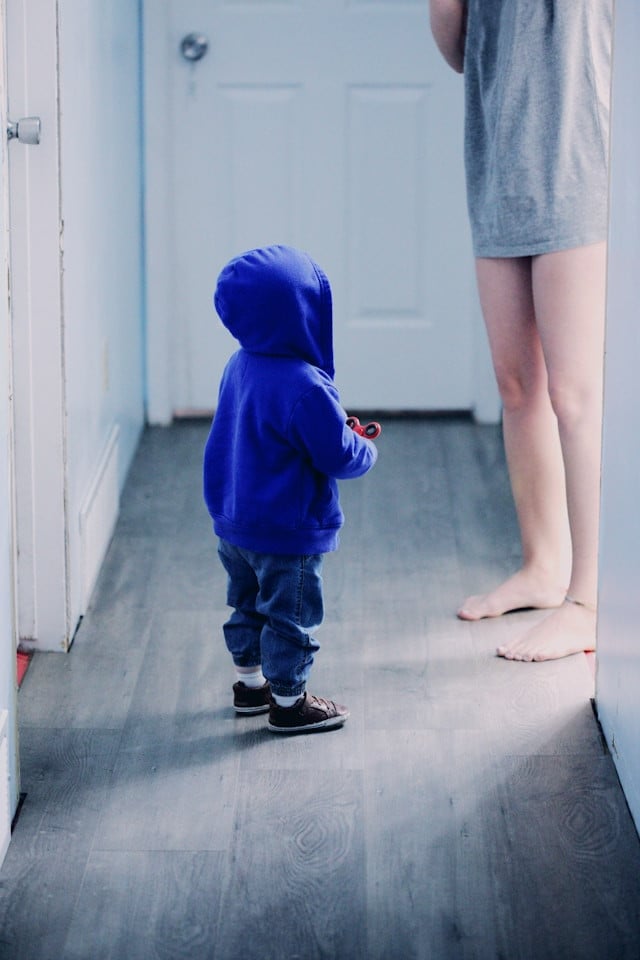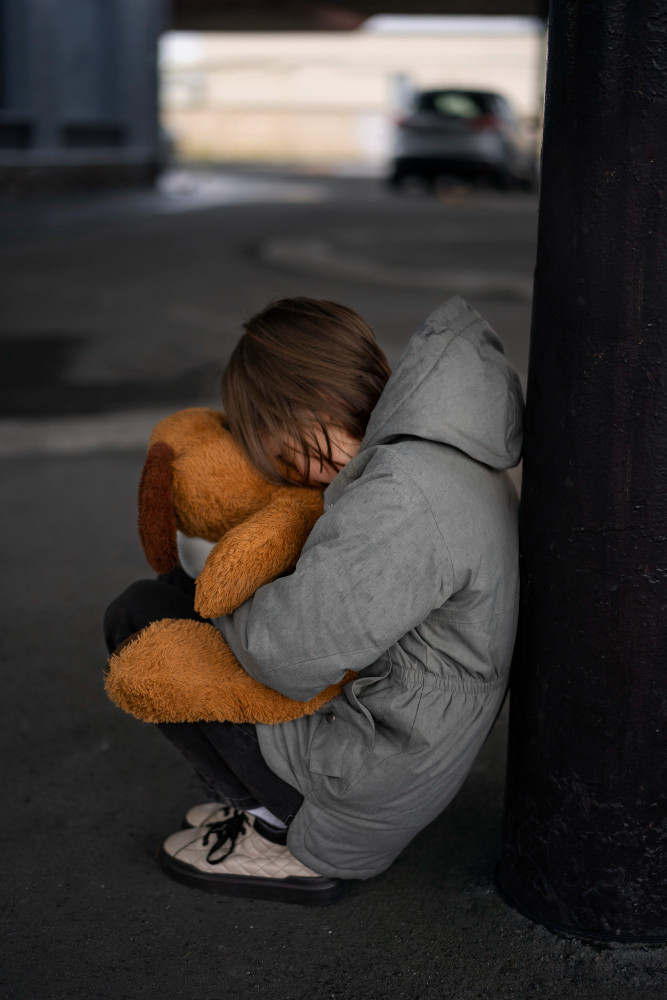The U.S. Hidden Crisis: 1 in 4 Kids Lives With Addicted Parents!

What are the long-term effects of parental substance use disorder on children’s mental health?
In the United States, a recent study has shed light on a troubling issue: many children live with parents who struggle with substance use disorders.
And this impacts their lives in often unseen but deeply felt ways.
Let’s explore how this issue affects families and what can be done to help.
Parental Substance Use Disorder: A Growing Problem in American Homes

In 2023, a study from the University of Michigan found that about 19 million children under 18 in the U.S.—roughly one in four—live with a parent who has a substance use disorder.
This number is higher than earlier estimates, which reported around 7 million children affected in 2022. The increase is partly due to updated criteria used to define addiction, but it also points to a growing crisis.
Alcohol is the most common substance, affecting 12 million parents, followed by cannabis, prescription drugs, and illicit drugs like cocaine or heroin.
About 7.6 million children live with a parent whose addiction is moderate or severe, and 3.4 million have a parent struggling with multiple substances.
These numbers show how widespread the issue is, touching families in every community.
The Impact on Children’s Lives

Children living with a parent who has a substance use disorder face unique challenges. Their home environment can be unpredictable, with parents struggling to provide consistent care.
This can lead to emotional and behavioral issues, such as anxiety, depression, or acting out. Studies show these children are at higher risk for developing mental health problems or substance use issues later in life.
For example, they may experience neglect, witness overdoses, or face disruptions in family routines, which can affect their ability to form healthy relationships.
The effects don’t stop in childhood—many carry these challenges into adulthood, increasing the risk of continuing a cycle of addiction across generations.
Beyond emotional tolls, physical risks are also a concern. Young children may accidentally ingest substances, and infants born to parents with addiction may face health issues like fetal alcohol syndrome.
Pediatricians, like Dr. Scott Hadland from Massachusetts General Hospital, stress the importance of screening for these risks in medical settings to connect families with support.
The American Academy of Pediatrics recommends that doctors ask about substance use in the family to offer education and resources.
Breaking the Cycle with Support

The good news is that help is available, and recovery is possible. Experts emphasize that treatment for parents can make a big difference.
Options like medication, therapy, and family-focused programs can address both addiction and related mental health issues, which affect 6 million parents with substance use disorders.
Organizations like the National Association for Children of Addiction (NACoA) offer resources to help kids cope and heal, including support groups and educational programs.
Social workers and specialized courts, like family drug courts, also play a role in supporting families by providing therapy and advocating for children’s needs.
However, access to treatment remains a challenge. Over three-quarters of people with substance use disorders don’t receive help, which means their children are less likely to get support too.
Expanding treatment options and early intervention programs is crucial to protect kids and break the cycle of addiction.
Communities can help by offering safe spaces for children, like camps or mentorship programs, where they can build resilience and feel supported.
This issue affects millions of families, but it’s not hopeless. By raising awareness and providing resources, we can help children and parents find a path to recovery and stronger family bonds.
If you or someone you know is struggling, reach out to organizations like SAMHSA’s National Helpline at 1-800-662-HELP for free, confidential support.
You might also want to read: Can You Really Be Addicted to a Person and Love?


